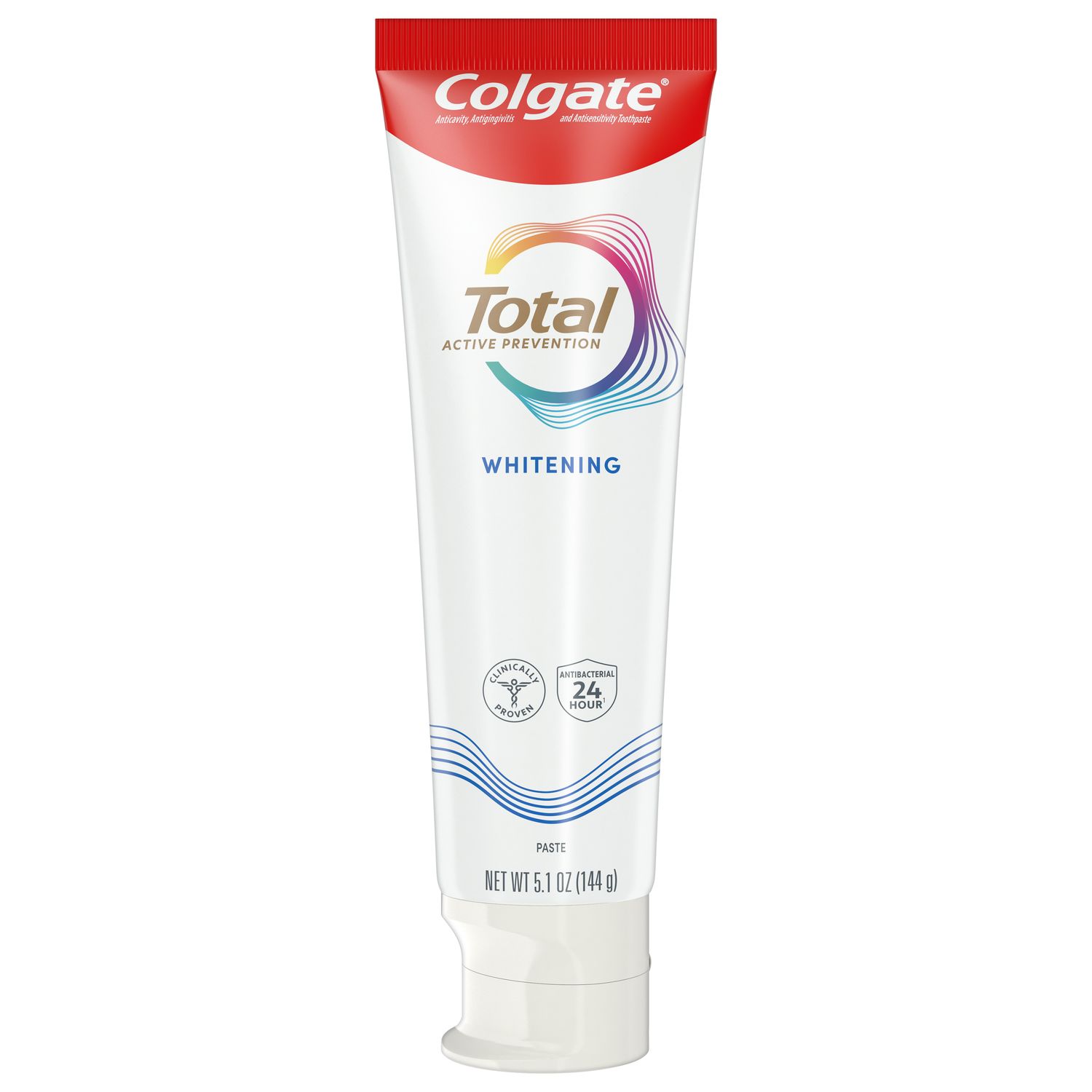Brought on by a decreased amount of saliva your salivary glands produce, dry mouth is typically a temporary condition. But xerostomia can be a chronic condition for some people. And that can lead to oral health issues. If you have constant dry mouth, learn the causes, signs, and oral health consequences of low saliva. Plus, learn how to counteract dry mouth and prevent serious dental complications.
Causes and Signs of Dry Mouth
If you deal with dry mouth constantly, its cause could be one or more of the multiple factors resulting in xerostomia. In some cases, your dry mouth should go away after you stop certain behaviors, activities, treatments, or medications. Or you can experience chronic dry mouth if there's damage to your salivary glands.
Dry mouth is a symptom of other health issues. If you have a constant dry mouth for more than a week, see your dentist or doctor to diagnose the problem's source.
Causes of dry mouth include:
- Dehydration (aka not drinking enough water)
- Stress or anxiety
- Numerous medications – check out your medications' side effects.
- Chemotherapy and radiation cancer treatments
- Autoimmune diseases, such as Sjögren's syndrome
- HIV/AIDS
- Diabetes
- Neurological issues, such as strokes, Alzheimer's disease, or nerve damage to the head or neck
- Open-mouthed snoring and breathing
- Tobacco, alcohol, and recreational drugs
If you're at risk for dry mouth, you might notice symptoms beyond those we mentioned earlier. Additional signs of dry mouth can include thick and stringy saliva, throat or tongue problems, and a change in your sense of taste.
Effects of Low Saliva on Your Oral Health
Does saliva get the respect it deserves? Though we might take it for granted, saliva does some amazing work:
- Starts the digestion process
- Helps wash bacteria and food particles off your teeth
- Neutralizes the harmful acids bacteria and food produce
- Repairs and demineralizes weak tooth enamel
According to information from the American Dental Association (ADA) posted on mouthhealthy.org, without saliva as a natural defense, many oral health issues can arise:
- With decreased saliva, plaque and bacteria can build up quickly at the base of your teeth, making you more susceptible to bad breath, tooth decay, and gum disease.
- Your dental prosthetics are also at risk with reduced saliva. Plaque and bacteria buildup can lead to peri-implantitis, infecting and inflaming the gums around your dental implant crowns.
- Insufficient saliva can weaken your tooth enamel, make dentures difficult to wear and interfere with your ability to taste or digest food.
- Dry mouth might lead to mouth sores and oral candidiasis, a yeast infection commonly known as oral thrush.
- With dry mouth, you're also prone to an uncomfortable condition called burning mouth syndrome.
- Because dry mouth causes chewing, swallowing, and taste bud problems, you might not eat enough to get the necessary nutrients. This can lead to a world of oral and overall health conditions.
Wetting Your Whistle and Other Ways to Treat – or Prevent – Dry Mouth
Whether your dry mouth is temporary or recurring, you can take action to stimulate your saliva and relieve your oral dryness:
- Hydrate: Keep a water bottle close by to sip water throughout the day.
- Activate: Chewing sugarless gum or sucking on sugar-free lozenges (or candy!) can help moisten your mouth and stimulate your saliva glands.
- Medicate: Ask your doctor to prescribe an effective saliva stimulant.
- Humidify: To add moisture to the air in your home, run a humidifier. This is especially helpful at night if you sleep with your mouth open.
- Moisturize: Over-the-counter and prescription mouth moisturizers are available as liquid alcohol-free rinses, sprays, and gels. These are also known as artificial saliva products.
- Substitute: Ask your doctor about alternatives to the medications you take that are causing your dry mouth.
- Avoid: Item that can dry out your mouth include caffeine, alcohol, cigarettes, and dry, salty, and acidic foods.
- Consider: Though research is inconclusive, there's "some evidence that acupuncture can increase salivary flow rate and/or alleviate dry mouth symptoms" in certain groups of people, according to a study published in BMC Complementary and Alternative Medicine and distributed on the National Institutes of Health site.
Preventing Dental Problems If You Have Dry Mouth
To prevent any oral complications of dry mouth, treat the condition in every way that works for you. (See above.) But since your saliva isn't doing its normal job, you must also maintain an oral hygiene routine that's second to none to keep oral bacteria away. Be sure to:
- Brush twice a day with fluoride toothpaste.
- Floss daily, supplementing with water flossers or interdental brushes as needed.
- Rinse with an antimicrobial mouthwash.
- See your dental professionals routinely to remove plaque and check on your overall oral health.
Depending on the severity of your dry mouth, your dentist might advise in-office fluoride treatments or sealants applied to your teeth's chewing surfaces to protect them against decay.
Solutions for treating and preventing dry mouth might be a pharmacy delivery or dental visit away. Or perhaps you need to change your medications or your behaviors. Whatever you do to ensure your mouth stays healthy and bacteria-free, always remember: Respect your saliva!
This article is intended to promote understanding of and knowledge about general oral health topics. It is not intended to be a substitute for professional advice, diagnosis or treatment. Always seek the advice of your dentist or other qualified healthcare provider with any questions you may have regarding a medical condition or treatment.
ORAL HEALTH QUIZ
What's behind your smile?
Take our Oral Health assessment to get the most from your oral care routine
ORAL HEALTH QUIZ
What's behind your smile?
Take our Oral Health assessment to get the most from your oral care routine






.jpeg)








